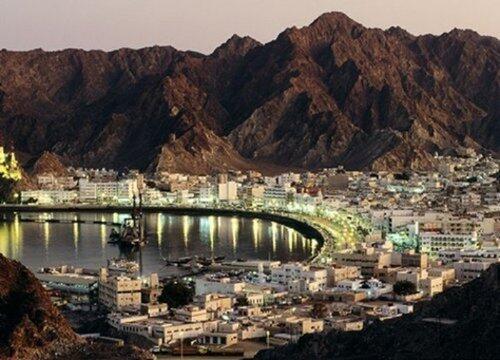Muscat leads the Middle Eastern cities for sustainable transport, according to the 2017 Sustainable Cities Mobility Index from Arcadis, a global design and consultancy firm for natural and built assets.
Hong Kong takes first place, followed by Zurich and Paris. European cities lead on sustainable transport, making up seven of the top ten. Boosted by its innovative and well-connected metro network and a high share of public transport trips, Hong Kong achieves many of the aims of an effective transport system – enabling comprehensive mobility, creating economic opportunity and enriching the lives of citizens, business and tourists alike.
Cities in the Middle East are some of the world’s least sustainable when it comes to mobility, pointed out the report. “Limited public transport networks hold back cities such as Kuwait and Cairo, while high levels of air pollution and little commitment to lowering emissions challenge cities across the region. Riyadh, Amman and Jeddah are the three lowest scoring cities on the Index, owing to limited public transport networks and low environmental scores.”
In the list of hundred cities covered by Index, Muscat gets an overall ranking of 83, followed by Doha (93), Kuwait City (97), Riyadh (98), Amman (99) and Jeddah (100).
Although there is no magic recipe for the creation of successful and sustainable urban mobility, higher ranking cities have a better balance across the three pillars of sustainability – social (People), environmental (Planet) and economic (Profit), according to the report. The Index was compiled for Arcadis by UK’s Centre for Economic and Business Research (Cebr) and explores mobility through these three pillars of sustainability to develop an indicative ranking of 100 of the world’s cities.
Zurich, Paris and Prague are the highest-placed European cities, ranking second, third and fourth respectively due to established infrastructure, efficient metro systems and commitment to green technology.
Asian cities also rank highly, taking three of the top ten spots. Modern metro systems, large airports and low usage of private vehicles help boost the rankings of developed Asian cities such as Seoul and Singapore
Source: http://bit.ly/2A1O8ns











